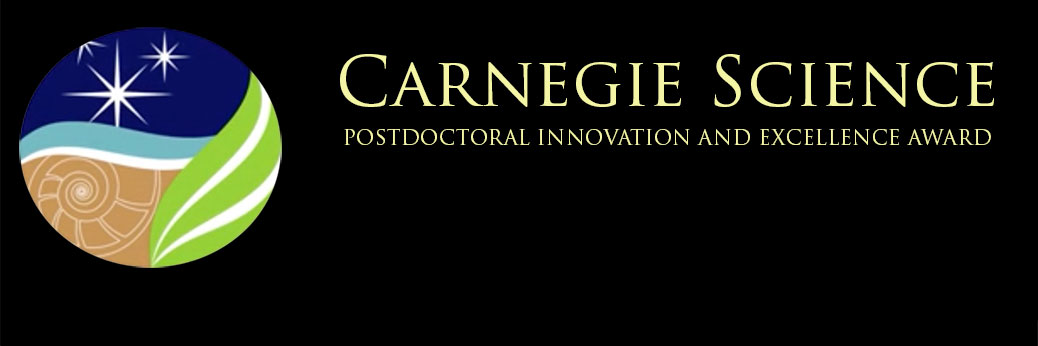Award for work using micro manipulator

Geophysical Laboratory’s Zachary Geballe Receives Seventh Postdoctoral innovation and Excellence Award
The Geophysical Laboratory’s Postdoctoral Associate Zachary Geballe has been honored with Carnegie’s seventh Postdoctoral Innovation and Excellence (PIE) Award. These prizes are made through nominations from the departments and are chosen by the Office of the President. Geballe, in Viktor Struzhkin’s lab, was awarded the prize for his scientific innovations and community service to the Broad Branch Road (BBR) campus.
Zack works on developing methods to measure the heat capacities of metals and silicates at high pressures. This work applies to developing new materials and studying the deep interiors of planets. He developed a pioneering technique to measure heat in a diamond anvil cell (DAC) by using a method called the alternating current 3rd harmonic method. The work was published in two recent papers in the Journal of Applied Physics. Additionally, he devised new, sophisticated sample loading procedures into the DAC with micro-manipulator equipment. The new approach has changed the way the group loads very small samples for high-pressure experiments.
The nomination stated that “Zack is much more than just a very skillful and dedicated experimentalist, he is also the leader of our weekly Bread and Cheese seminar with research updates from our own scientists and discussions of high-impact papers from other groups around the world. “
Additionally, Zack was a founding organizer of postdoc-led poster sessions at the BBR campus (see photos and details from 2015, 2016, and 2017), which have featured the work of nearly all the researchers and sparked new collaborations, approaches, and teamwork.
Carnegie President Matthew Scott remarked, “This cycle of nominations was particularly strong and it was a difficult choice. Zack’s exceptionally creative approaches to scientific innovation and his extraordinary volunteer efforts have made a significant contribution to the sense of community at BBR, making him the high caliber of researcher and colleague envisioned for the PIE awards to recognize. I congratulate him on his accomplishments.”
